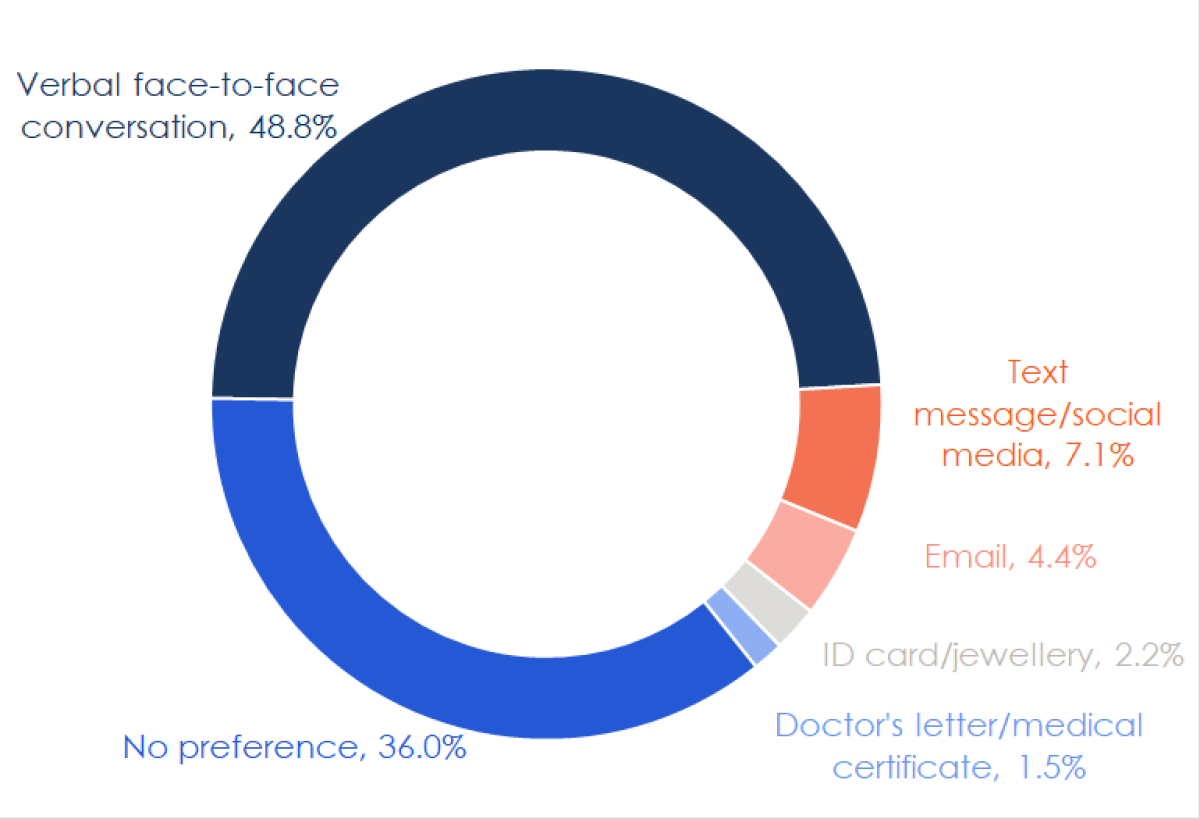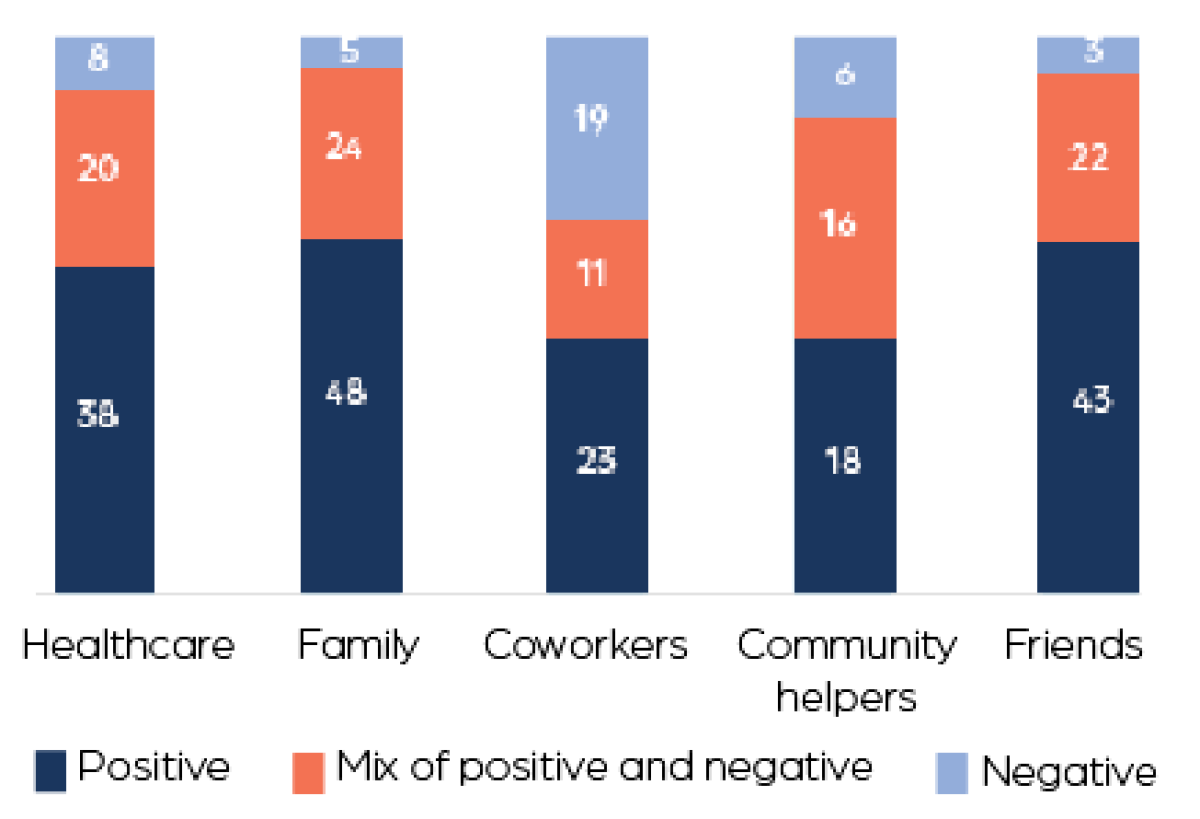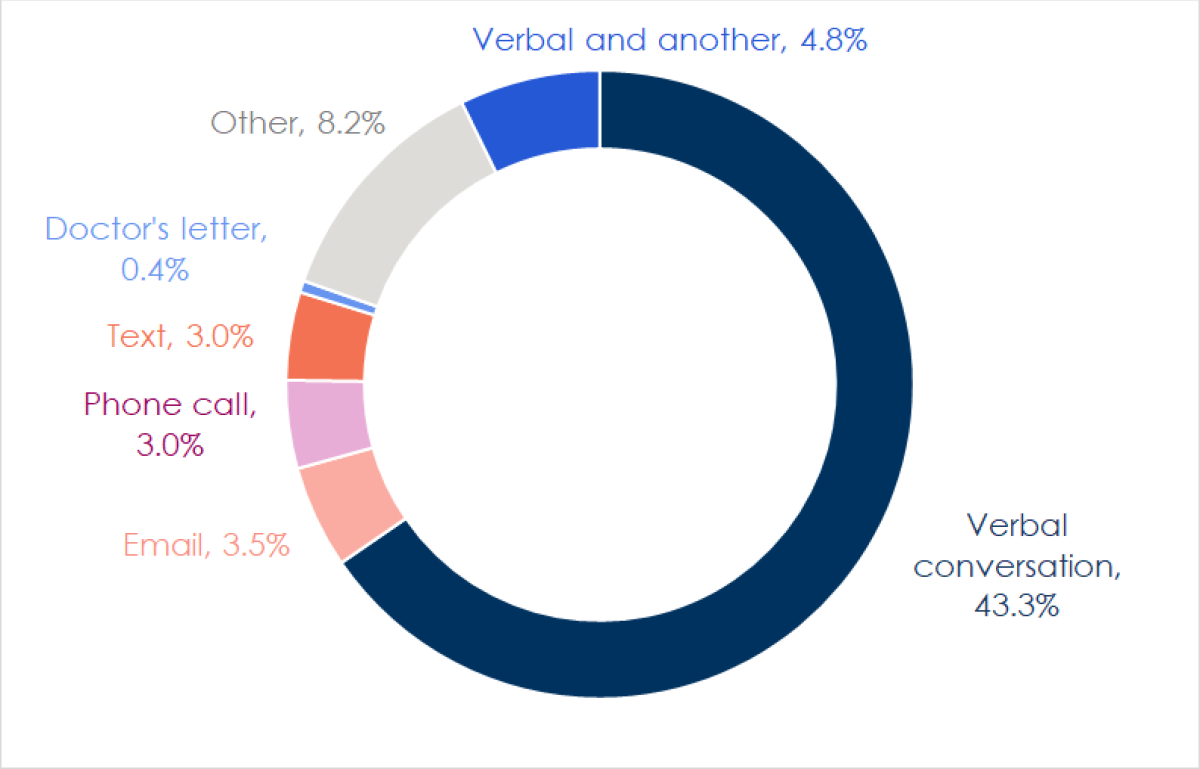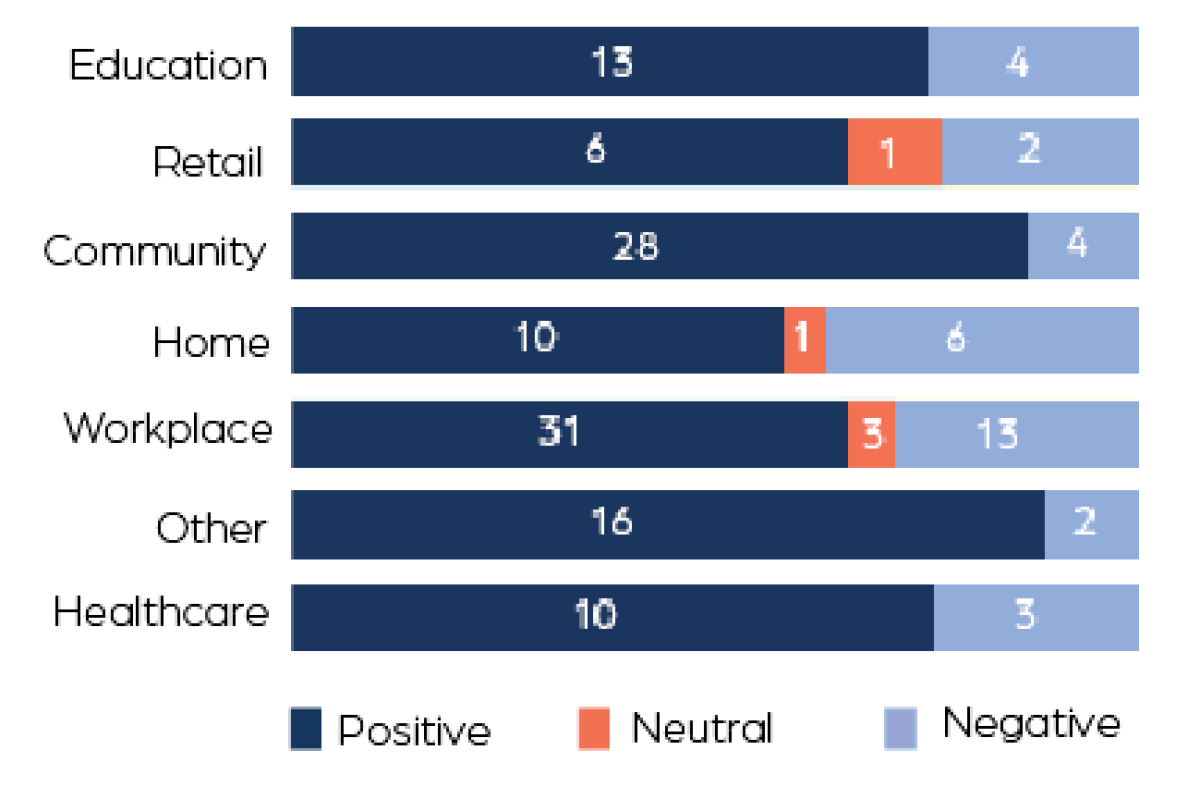Why
Whether or not to disclose that you are Autistic is an individual decision. Disclosure can lead to positive or negative influences on an individual’s day-to-day life such as their relationships or employment. While non-disclosure may help Autistic adults better navigate their non-Autistic world, it may limit available supports and increase risk of mental health concerns.
There is a lot of research on disclosure for Autistic individuals; however, the information is not easy to understand or use when making personal decisions about whether or not to disclose.
There is a need to provide more objective information regarding what happens when someone discloses to assist others in making an informed decision about disclosure in their own lives.
What happens when an individual discloses they are Autistic? How can this information help individuals make informed decisions about their own disclosure?
The research
Study one
Is there a link between Autistic identity and disclosure decisions?
111 Autistic adults (63% female, 29% male, 6% non-binary) answered an online questionnaire about their intersecting identities and disclosure decisions.
Study two
What are the disclosure experiences of Autistic adults?
Using a smart phone app, 36 Autistic adults (58% female, 28% male, 14% non-binary) recorded a total of 231 autism disclosure opportunities across a two-month period.
What we learnt
Study one
Frequency of disclosure
- Most participants disclosed that they are Autistic to at least one other person
- About 33% disclosed to over 75% of their regular contacts
- 2% of participants had never disclosed that they are Autistic
Preferred methods of disclosure

Experiences of disclosing to different people

Association between identity and disclosure
If someone feels that their Autistic or sexual identity are highly important in their life, they were also more likely to disclose within their social groups.

Study two
Preferred methods of disclosure

Experiences of disclosing in different settings

Disclosure themes
Theme 1: Disclosure led to a wide range of reactions
Theme 2: What’s in it for me?
Theme 3: Disclosure decisions are influenced by the context
Theme 4: Learning through disclosure experiences
Theme 5: Internal resources are needed for disclosure
Disclosure guides
Findings from these studies were used to inform the design of:
Add the disclosure guide to your mobile phone home screen so it's easy to find
- Download the PDF disclosure file (above) to your phone
- Follow these instructions to add a PDF shortcut to the home screen of your Android and iPhone
Find out more
Publications
Love, A.M.A., Edwards, C., Cai, R.Y., & Gibbs, V. (2023). Using Experience Sampling Methodology to Capture Disclosure Opportunities for Autistic Adults. Autism in Adulthood.
Love, A.M.A., Cai, R.Y., Edwards, C., & Gibbs, V. (2023). Exploring Identity Importance for Autistic Adults and Associations with Disclosure Experiences: A Brief Report. Autism in Adulthood.
Media
- Media release: New research study reveals the complex disclosure decisions faced daily by Autistic people
- Sydney Morning Herald: ‘You don’t look autistic!’ What not to say if someone discloses they are autistic (16 Feb 2023)
- The Conversation: 'Real-life autism disclosures are complex – and reactions can range from dismissal to celebration' (21 Feb 2023)
Making a difference
This is the first research study to gather real-time disclosure experiences from Autistic adults over two months. Findings from these studies were used to inform the content of two resource guides aimed at making the disclosure process more positive and successful for Autistic people navigating this process and to inform those who support them. These guides may be useful when Autistic people are trying to make informed decisions about whether or not to disclose in their own lives.
Research team
Dr Abbey Love, Aspect Research Centre for Autism Practice (ARCAP)
Vicki Gibbs, ARCAP
Dr Ru Ying Cai, ARCAP
Dr Chris Edwards, ARCAP
Started
2020
Ends
2022
Funding
Aspect

